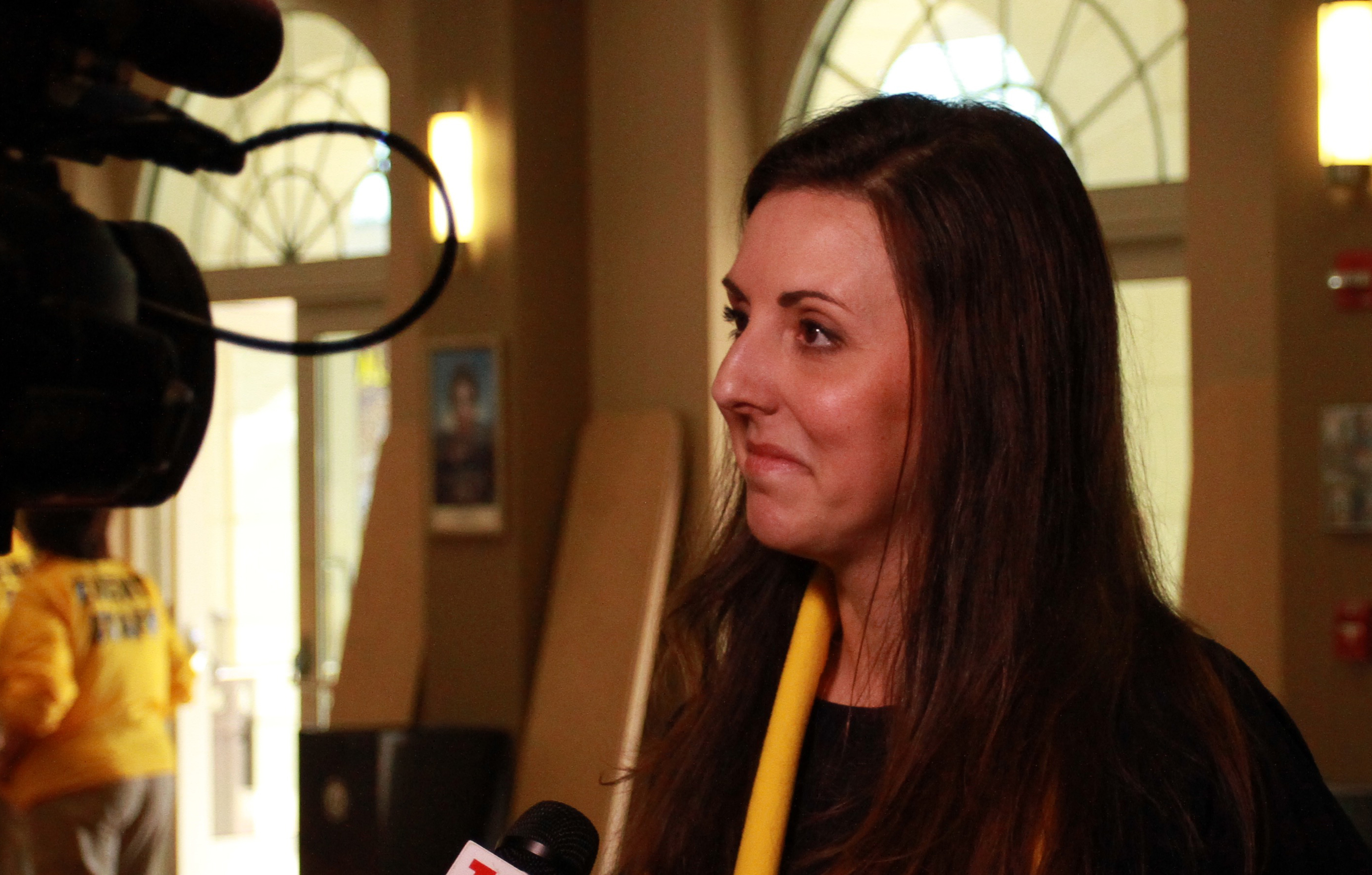What actually makes poverty escapable

Ellen Weaver
Yesterday, I had a chance to speak to the Senate Human Services Subcommittee about three short – but powerful – bills that represent a compassionate, common-sense step towards making a South Carolina a state where every person has the opportunity to reach their full, God-given potential.
In the throws and aftermath of the 2008 recession, many states waived work requirements, the policy that requires various types of able-bodied welfare recipients to be working in order to receive benefits. The result: food stamp usage spiked 60% nation-wide.
Now, with the economy humming and a low unemployment rate, the time will never be better to reverse that concerning trend and move as many South Carolinians as possible from dependence, back to dignity through work.
- In South Carolina, administrative action was taken in 2015 to resume work requirements for able-bodied, working-aged adults with no dependent children who receive SNAP benefits. S.920 simply makes that administrative requirement permanent law.
- S.921 builds on the proven premise that child support lifts nearly a million individuals out of poverty every year, by requiring both absent and custodial parents to cooperate with child support orders to be eligible to receive food stamps. At least 8 states currently have this reform on the books and one state that pursued this reform – Kansas – saw child support collections for these families rise between $1-2M a year.
- S.922 would help preserve limited resources for the truly vulnerable by preventing South Carolina from using eligibility loopholes to waive federal asset tests. Asset tests are limited to truly liquid assets like cash, bank deposits, stocks and bonds. Non-liquid assets like cars that help people get to work, retirement accounts, their home and the like are exempt.
All three of these bills were “carried over” by the Senate subcommittee, meaning they will receive further consideration. The House work requirements bill (similar to S.920) passed subcommittee and the other two House companion bills were carried over. Read my full testimony here.
Other states are moving forward with these types of proven reforms to move back toward long-established policy norms that we know work. South Carolina should do no less. The upfront investment of staff time and financial resources to set up strong compliance and implementation of these bills would certainly pay offsetting fiscal dividends down the road. But most importantly, these bills walk a careful balance: protecting the truly vulnerable while bettering lives of those who are able…through the ennobling demands of work and responsibility.
As nationally-renowned political scientist and President of the American Enterprise Institute Dr. Arthur Brooks told us at a PPI event last year, “Our goal should never be to merely make poverty less miserable for people. Our goal must be to make poverty more escapable.”
Work is what makes poverty escapable. Both common sense and academic research from across the ideological spectrum have demonstrated time and again that keys to a happy life are building a stable family life, belonging to a strong community, and working hard.
Welfare programs meet immediate material needs. But for those who are able, it should never be more than a bridge to work and the sense of “earned success” it creates.




